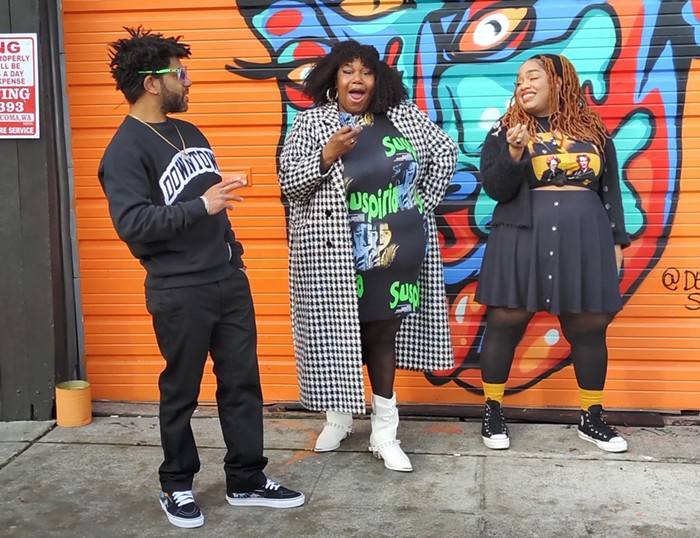
CBD products with .03 percent THC are quite the rage as of late, showing up in everything from lotions to lattes. The anxiety-busting, relaxation-inducing effects are sought out by those who don't want a big dose of THC, or may live somewhere which does not have a regulated medical/recreational cannabis program (a CBD product can’t have more than .03 percent THC if it’s going to be shipped across state lines).
CBD is also gaining traction as a tool used to treat epilepsy and seizure disorders, especially in pediatric cases. Those who would never agree with providing children with any form of THC have come on board with CBD products that are devoid of its illicit cousin.
However, a recent analysis by Brazilian researchers show that people using CBD for epilepsy would be better served by using whole plant-derived CBD vs. "purified" CBD, which is free of numerous cannabinoids, including THC.
One of the best resources for cannabis news, Marijuana Moment, reports that publication Frontiers In Neurology published the results of researchers examining studies from 2013 to 2017 which examined how effective CBD had been when used to treat epileptics.
They found that of those using CBD, more than 60 percent of them had a reduction in seizures. Of the 11 studies examined, the researchers found that in six of them, it "showed over 80 percent of the patients reporting improvement.”
Marijuana Moment writes: "But in the studies where patients received CBD-rich extracts, that improvement was even greater. Seventy-one percent of patients treated with CBD-rich extracts reported improvements, compared to just 36 percent of patients who received purified CBD products."
The reasoning is believed to be connected to the "Entourage Effect," which posits that CBD simply works better when it's introduced with some of cannabis' other cannabinoids, not just THC. Those cannabinoids are stripped from the finished product of "purified" CBD products. Much like humanity, it's coming to light that treatment programs with CBD are better when there is diversity working together for a common cause, such as reducing seizures.
“CBD-rich extracts seem to present a better therapeutic profile than purified CBD, at least in this population of patients with refractory epilepsy,” the researchers wrote. “The roots of this difference is likely due to synergistic effects of CBD with other phytocompounds (aka Entourage effect), but this remains to be confirmed in controlled clinical studies.”















